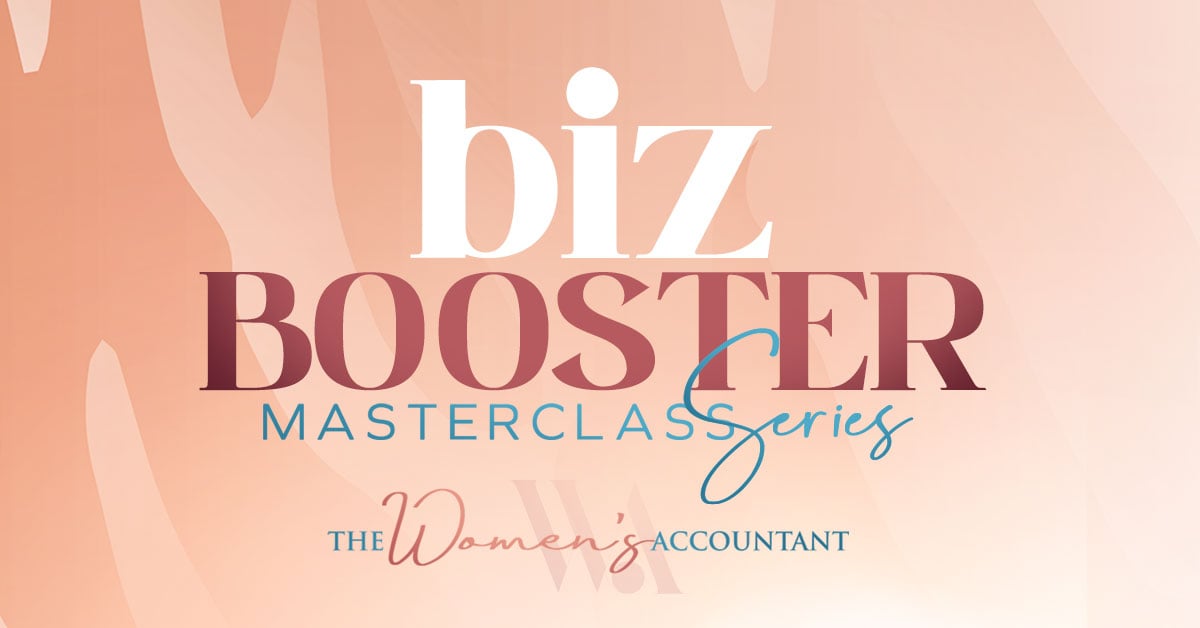What is Tax Planning
and Why Is
It Important?

Emma Bowdler
I’m a cheerleader for women and an accountant bursting with personality.
Ahhhhhhhh. Do you smell that crisp chill in the air? That means tax time, one of our favourite times of the year, is just around the corner.
Sadly, most businesses don’t see the beauty of tax time like we do. But then again, it’s literally our job to offer a fresh, fabulous, and no fuss approach to finances for fierce business women.
For most businesses – whether you’re a solopreneur or managing a growing team, tax time is a frantic time; one of stress, anxiety and even sleepless nights where you rifle through computer files, inboxes, handbags, and drawers, to find that last ‘I’m sure I saved it there’, invoice.
Are you ready to fall in love with tax time? We’re here to break down a few tips and tricks to help you avoid the last-minute rush and make tax time, relax time – so you can carry on doing what you do best: running your business.
Mo’ Money In Your Pocket,
Mo’ Peace In Your Mind
What’s the secret to making tax time, relax time, you ask? It’s called tax planning, and it can save you some serious dosh (and headaches).
Look, it’s a boring name we know. If finance folks excel at anything it’s coming up with perhaps the most boring name possible for something that’s an incredibly important and even somewhat exciting financial strategy for any business.
What Is Tax Planning All About?
First things first – we love paying tax. Paying taxes is how we ensure we have roads to drive on, hospitals to take care of us, schools to educate us, social safety nets for vulnerable communities, recovery efforts after disaster, and even sporting grounds for us to freeze our tits off watching our kids run around at Saturday morning soccer. You know, the important things.
Tax planning is not about avoiding paying tax. Paying tax is good because it means your business is doing well and you are contributing to the society you live in (hear that white male billionaires?).
But that doesn’t mean we can’t find ways to legally and strategically minimise our taxable income, ending up with a little mo’ money in our back pockets and a whole lot mo’ peace of mind.
The most common example of a ‘fringe benefit’ is when an employer (i.e. you) provides an employee (e.g. Karen in Sales) with a discount (i.e. a ‘benefit’) or full payment for a gym membership (a ‘fringe benefit’). Another example is using, or allowing an employee to use, a car for private purposes…and that’s what we’re here to talk about.
The Benefits Of Tax Planning
Tax planning is about taking a holistic view of all aspects of your financial situation and then finding ways to reduce your ‘liabilities’ (i.e. how much tax you pay at the end of the financial year) or maximise your ‘returns’ (i.e. how much you get back from the ATO after your tax return has been lodged).
Especially when we consider what businesses have been through the last few years, it’s little wonder that we are all looking at ways to ease the financial burden of running a business and have as much money left over as we can to invest back into our businesses, our families, our economy, and ourselves.
But tax planning is important for reasons beyond the obvious ones of minimising liabilities and maximising returns:
- It helps you estimate your business profit and loss for the next quarter
- It gives you some control or, at least, visibility over the amount of tax you’ll pay so that you can plan ahead for it and not have a nasty surprise
- The money you save can be reinvested into your business or used to research or develop a new product or service
- It can help optimise superannuation strategies or help you grow a larger super investment for retirement, which as women we know is critical to living a comfortable later life
- And it provides a ‘bigger picture’ understanding about your business’ finances so you can feel confident in the driver’s seat.
What Tax Planning Looks Like In Practice
So, now that we agree a tax plan is important, it’s time to figure out what it looks like in practice and get it sorted before June 30 and the end of the financial year.
If you gagged at the idea of that, you’re not alone. In fact, “how do I start tax planning?” is one of the most common questions we get asked at The Women’s Accountant and one of the questions that most fills our clients with dread.
Well if you want to find out what this bunch of fabulous finance women can do for your business, here are six strategies that show what tax planning looks like in practice:
1. A session to plan an in-depth cash flow:
You don’t want a large tax bill to decimate your cash flow, so we can work together to anticipate tax deadlines, plan ahead and smooth out payments. And we can dust off the defibrillator if we need to.
2. Diarise tax payment dates with reminders:
If you work with us, that’s all done for you – but if you’re DIY’ing your tax planning, one thing you don’t want to do is miss a payment and then be hit with a fine. Visit the ATO website for key lodgment dates and then create a calendar (with reminders) to track these.
3. Pay your superannuation liabilities before June 30:
If you didn’t know that you can get tax deductions by paying your employee (or your own if you’re a sole trader) superannuation amounts early, then you’re not making the most of this time of year. However, the money must reach your employee’s (or your) super fund before 30 June. And if you’re a sole trader, you also must have a ‘Notice of Intent to Claim,’ which you can download here, if you want to boost your super balance while decreasing the amount of tax you pay up to $27,500.
4. Forward-pay expenses:
Is there something in the next financial year that you know you’re going to need? Help with your marketing? More stock? A new computer? If you need it, and it fits with your overall tax plan, then it helps to buy it in advance and claim it as a deduction this year.
5. Use timing to your advantage:
In the same way that it can be beneficial to forward-pay expenses, this principle can also work in reverse by delaying invoices for your services. Generally speaking – deferring income just defers paying the tax on it, and it’s definitely not a solution for everyone. However, if you can delay any invoices a few days until the new financial year ticks over, it might save you a few bob, or at least give you another year to plan for it.
6. Spread the love and make some donations to your favourite charities:
Who says that donating money has to be entirely altruistic? At tax time, it can be win-win, for both you and the donation recipient. Just make sure that the charity or entity you’ve chosen is registered as a ‘Deductible Gift Recipient’ or ‘DGR’ and then drop those dollar bills. For more on the rules and regulations around gifts and donations, the ATO website spells it all out for you.
Starting to Fall a Little Bit in Love with the Idea of Tax Planning?
We Thought you Might!
There is really no need to live in fear of the ATO knocking on your door anymore. As savvy business women, you can take the wheel, take control and step the f*ck up as the boss you are with a few simple tips and tricks of the tax trade.
Of course, if it’s still a bit much, it’s literally our business to help you build the business of your damn dreams.
Book an obligation-free session with our Head Bean Counter and Founder Emma Bowdler, or find out more about how we can help you plan ahead for tax time.
Have you signed up for our Biz Booster Masterclass Series yet?
Jam-packed with actionable insights and no holds barred conversations with the best in the business, find out more here.
Struggling For Momentum? If You’re Doing Any of These, *You* Might Be the One Holding Your Business Back
Struggling For Momentum? If You’re Doing Any of These, *You* Might Be the One Holding Your Business Back Five self-sabotaging mindsets and behaviours preventing business owners from achieving profitability, sustainability and impact (and what to do instead). Emma...
Are You Growing Broke? Why Scaling Your Business Might Be Shrinking Your Profits (and What to Do About It)
Are You Growing Broke? Why Scaling Your Business Might Be Shrinking Your Profits (and What to Do About It)The sneaky trap where revenue rises but margins disappear. Here’s how to protect your profits and your peace before you get yo’self into a financial pickle. Emma...
Stop Making These Tax Time Mistakes (and What to Do Instead)
Stop Making TheseTax Time Mistakes(and What toDo Instead) You work too hard to let tax time drain your energy (or your bank account). Avoid these common business tax mistakes before you leave more money on the table. Emma BowdlerI’m a cheerleader for women and an...






